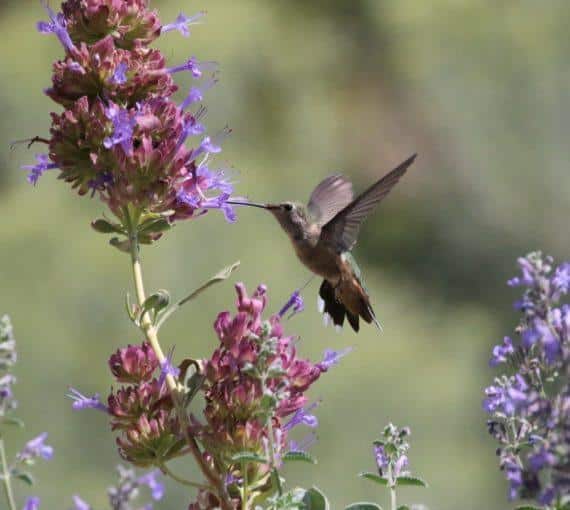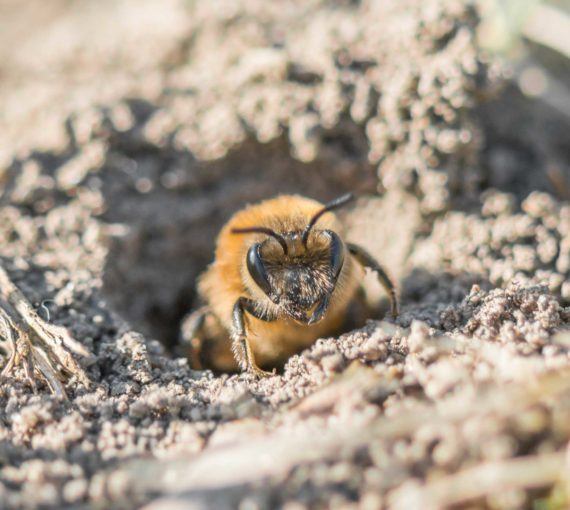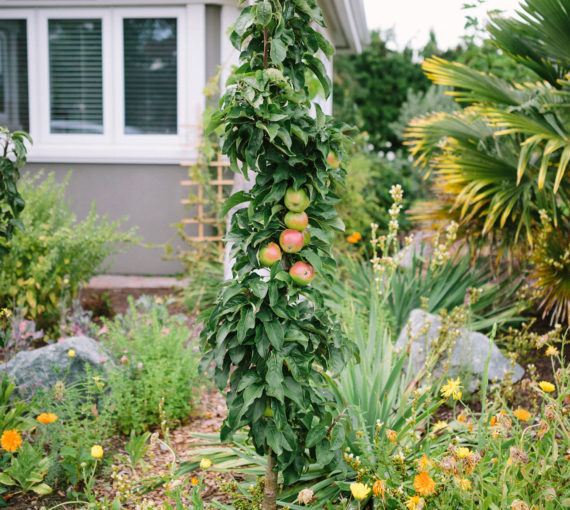
What may seem like a small contribution — a tiny flowerpot or garden patch of native plants — can provide valuable habitat for pollinators such as hummingbirds, bees and butterflies.
Native plants are foundational to ecosystems. They provide food, shelter and nesting materials for insects, birds, mammals, amphibians and reptiles. The best part? They’re adapted to local climate and soil, so need less care and watering once established. They’re easy to grow and make beautiful, hardy additions to your yard and garden.
Whether you’re creating a vegetable garden, pollinator paradise, wild bee sanctuary or butterfly garden, there are many creative — often free — ways to source native seeds and plants.
Native seeds can be:
- Organic. Grown without synthetic fertilizers and pesticides.
- Non-GMO. Cultivated through pollination, not in a lab.
- Open-pollinated. Pollinated by nature (e.g., insects, birds, wind, humans).
- Heirloom. Carefully selected and saved for generations (with an open-pollinated heritage).
- Rare. Many species and their ecosystems may be at risk of disappearing.
Six ways to source native seeds and plants
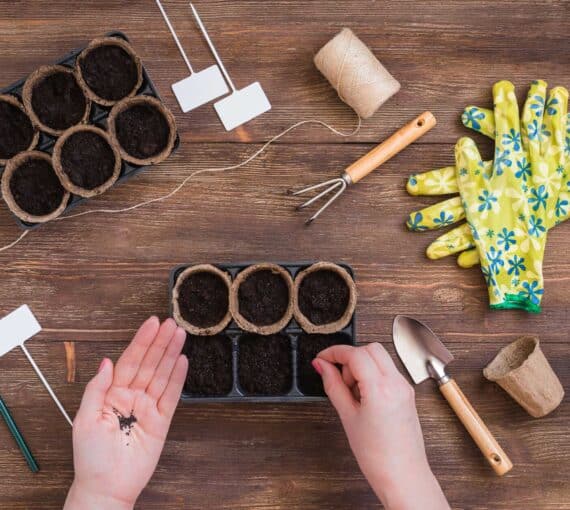
Become a Seed Sitter
Seed Sitters is an inexpensive, simple way to grow native plants for personal use and/or to share in your community! The program will teach you to become your own source of native plants by learning how to collect, dry and store native seeds. Bonus: It’s a great way to stay connected to your garden and the Seed Sitters community during colder months.
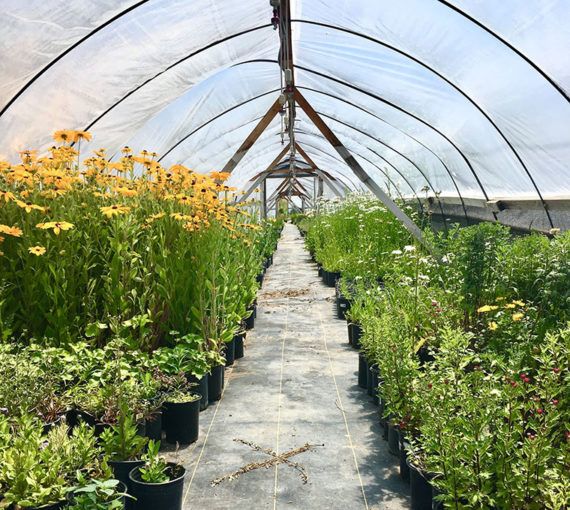
Visit a local native plant nursery
Nurseries throughout Canada specialize in selling native plants and seeds. They can be great places to get advice from local experts on how to start, improve or sustain your garden.
Tip! Ask your favourite nursery to supply more native species and to stop selling invasives.
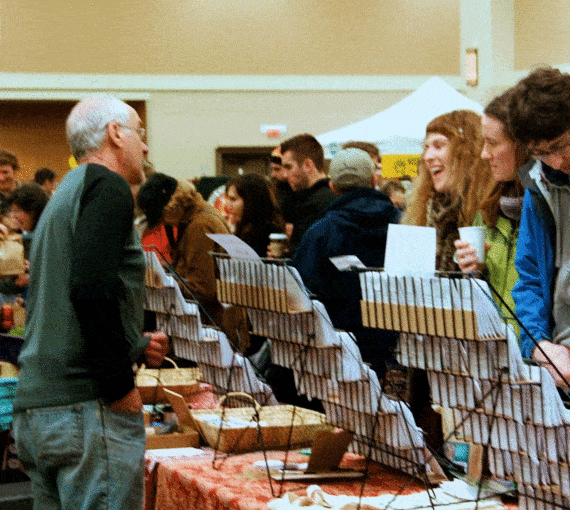
Attend or host a seed swap
Seed swaps are a great way to connect with and build community and exchange seeds — and knowledge!
You can also look for a Seedy Saturday event near you. Often starting in February and running through spring, Seedy Saturdays take place throughout Canada. They bring together garden enthusiasts, seed suppliers (big and small), local experts, vendors and community groups to take part in workshops, seed swaps and more!
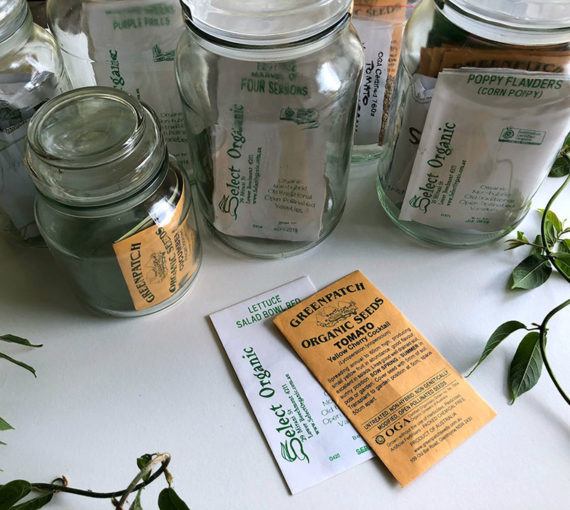
Visit a seed library
Community-based seed libraries support and promote local gardening, biodiversity, sustainable agricultural practices and community resilience. Each is unique, but most borrow, save and share seeds (including native seeds). They may be independent, hosted by a non-profit or partnered with a local library. Most are free and some are mobile.
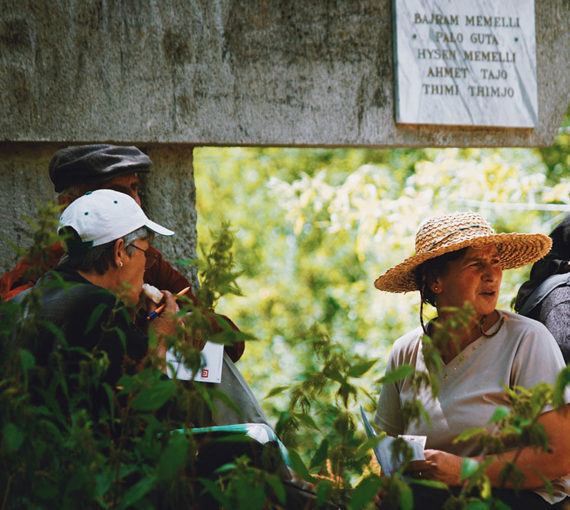
Join a native plant society
Want to enhance your native seed gardening techniques, learn species identification and more? Join a local chapter of a native plant society.
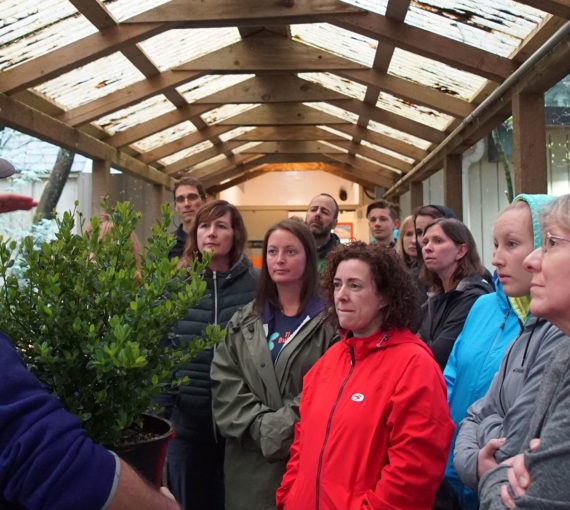
Take a native plant course
Deepen your knowledge, skills — even take home new native plants and/or seeds — by taking a course, workshop or seminar. Your local seed library, native plant nursery or horticulture program at a nearby post-secondary institution may host them or know how to connect you.
What to plant
Insects and other wildlife have evolved to depend on plants native to their specific regions for food and habitat. Help support the health and diversity of local ecosystems while creating beautiful, beneficial habitats by planting wildflowers, trees and shrubs native to your ecoregion.
Discovering what ecoregion you live in and what native wildflowers and plants grow there can be fun and educational! Invite your friends and family to join you.
Each ecoregion has unique ecological characteristics, and though many plants and wildflowers are native to multiple ecoregions, you may discover a beautiful new plant or wildflower specific to your area.
DISCOVER YOUR ECOREGION BY PROVINCE
When to plant
When to plant depends on your location, space and what you’re growing. The Seed Sitters program provides step-by-step guidance on the best times of year for native seeds and plants.
Transform your lawn
Join LawnShare. Unlock the untapped potential of your lawn and create healthier ecosystems.

